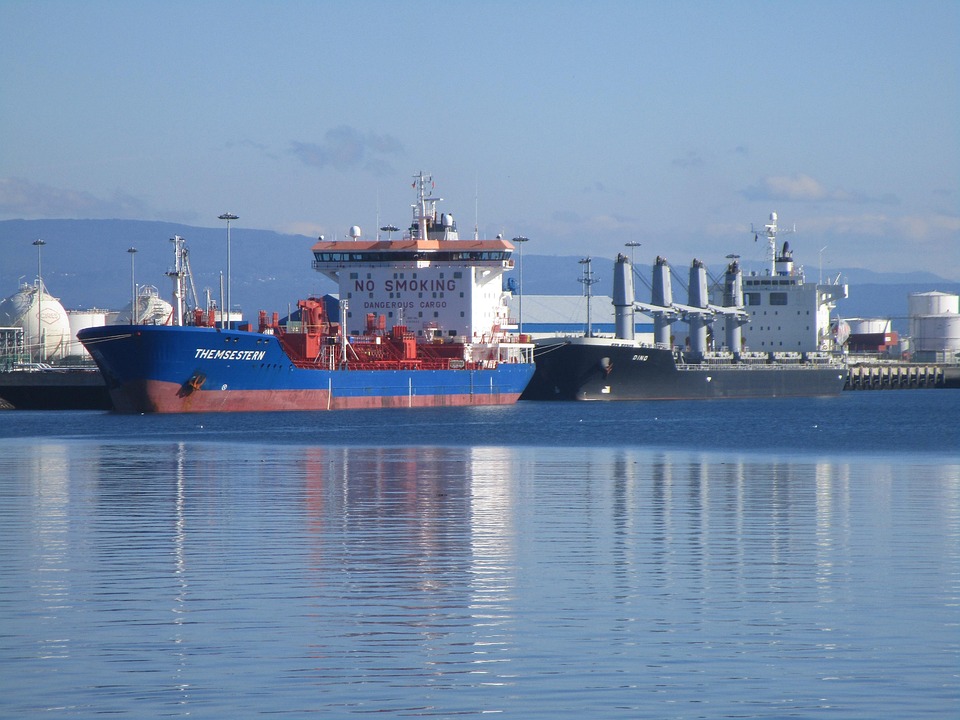
All about perfume imports: Practical insights from a foreign trade veteran
Hello everyone, I'm a seasoned foreign trade professional with 20 years of experience in import and export. Today, I'd like to talk to you about the "fragrant" business of perfume imports. Don't be fooled by the small size of perfume bottles—there's a lot more to it than meets the eye. Just last week, a client had an entire container of French perfumes held by customs because they didn't properly understand the fragrance concentration, resulting in significant losses. So today, I'll share with you the practical insights I've accumulated over the years.
I. Perfume VS Toilet Water: Differences from customs perspective
Many beginners easily confuse perfume with toilet water, but customs makes a clear distinction between them:
- by Parfum: Contains 15%-25% fragrance, 75%-85% alcohol concentration, primarily for fragrance enhancement
- Toilet water: Contains only 2%-5% fragrance, primarily for mosquito repellent and itch relief
Last year, a German brand we represented almost got classified under the wrong HS code because they mistakenly labeled cologne as toilet water in their declaration. Therefore,product composition and functional descriptionmust be accurate.
II. HS code selection: Weight or volume? Thats the question
Classification of CustomsTheres a particularly common pitfall to watch for:
- packaging labelingmeasured by weightfalls under 33030000.10
- packaging labelingmeasured by volumefalls under 33030000.20
I remember in 2018 when helping a client import a batch of Dior perfume, because the outer packaging showed both 100ml and 98g, we had to submit a written explanation to customs. I recommend that youProcurement linkrequire suppliers to standardize labeling methods from the outset.
Tax calculation: Beware of the high-endCosmeticsconsumption tax trap
Perfume imports involve three types of taxes:
- Customs duty: MFN rate of 3%
- VAT: 13%
- Consumption tax: 15% levied when unit price ≥ 10 yuan/ml
Important reminder: Consumption tax is calculated based onNet content of liquid portionCalculation. Last year, a client imported 30ml perfume, but the bottle actually contained 32ml of liquid, resulting in overpayment of more than 2000 yuan in consumption tax. It is recommended to prepare in advanceCapacity testing.
Declaration essentials: Three key elements are indispensable
According to the latest declaration requirements:
- Nominated: It must be complete and accurate, such as "Chanel No. 5 Eau de Toilette."
- Packing Specifications: Such as "50ml/bottle"
- Brand: Both Chinese and English are acceptable, but must be consistent with the record
We once encountered a case where a client wrote "Jo Malone" as "Joe Malong," resulting in a one-week customs clearance delay. It is advisable to prepare in advance.Brand authorization letterRecord.
V. Hazardous Chemicals Declaration: Perfume is also a "Hazardous Substance".
Many people dont know that perfume, containing over 75% alcohol, belongs toDangerous Chemicals! Must:
- Provide Chinese Material Safety Data Sheet (MSDS)
- Affix Chinese hazard communication labels
- Pass dangerous goods packaging inspection
Last month, a batch of French perfume was returned due to lack of MSDS, with freight losses exceeding 50,000 yuan. It is recommended to prepare in advanceCompliance preparation.
Practical advice for importers
Based on years of experience, I have summarized several practical suggestions:
- For new brands being imported for the first time, it is recommended to conductPre-classification confirmation
- Reserve is complete.composition test reports
- Arrange in advance during peak seasonsTransportation of Dangerous Goods
- Consider usingBonded areaOperations to reduce financial pressure
Importing perfumes is just like blending them—it requires expertise and patience. I hope these insights can help you avoid detours and make your import business "fragrant"! If you have any specific questions, feel free to reach out anytime.


 Follow Customer Service WeChat
Follow Customer Service WeChat